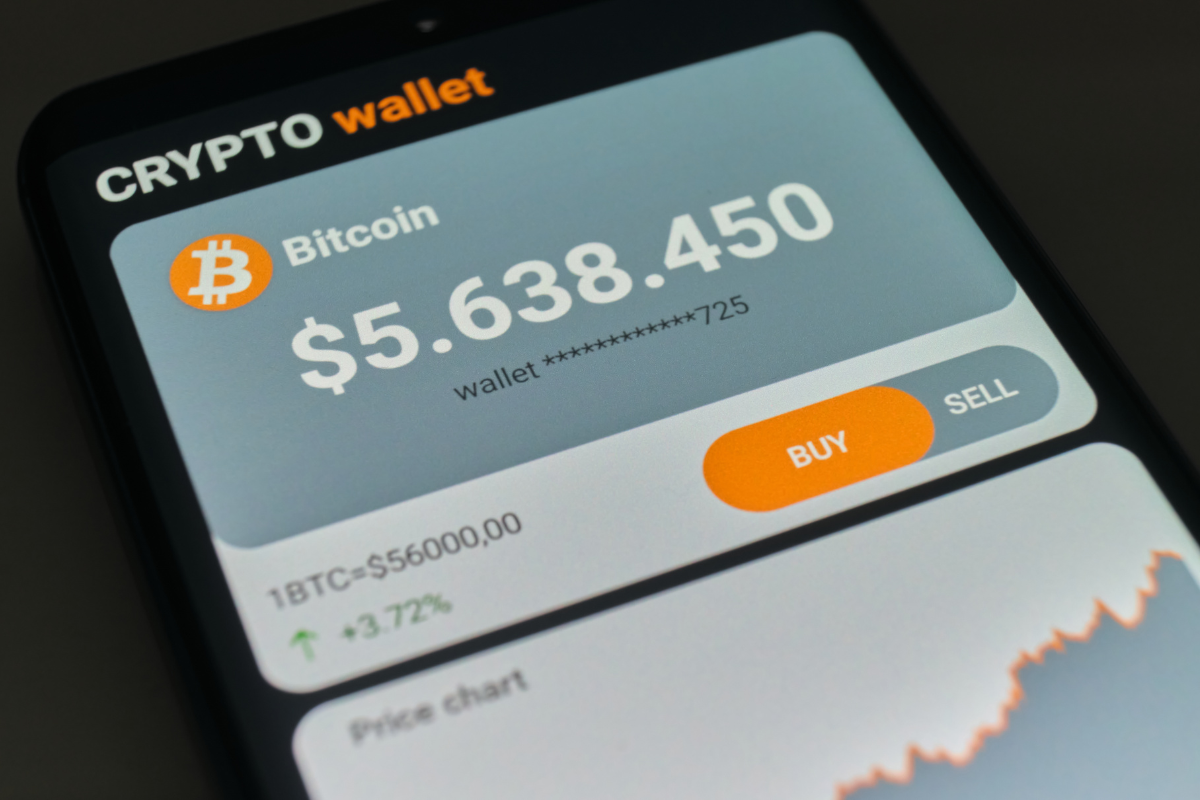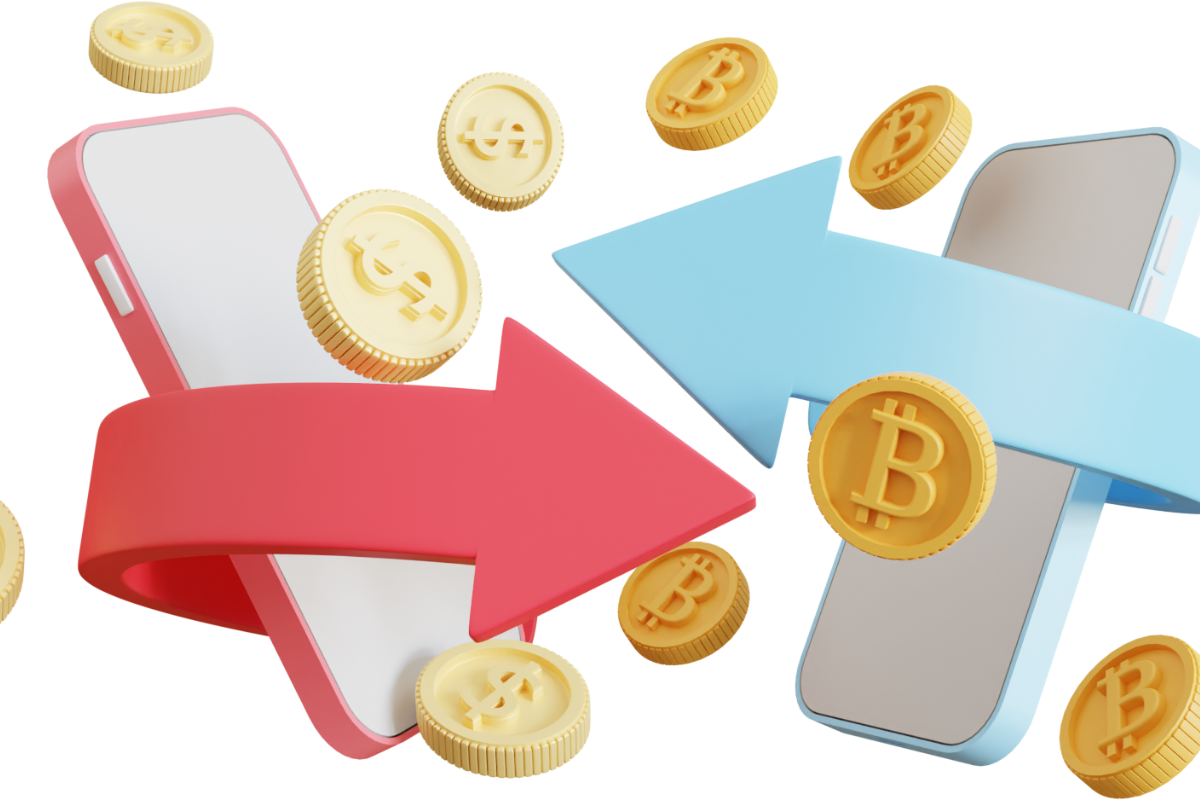Fasten your seatbelts, folks, because you’re in for a wild ride into the payment frontier of 2025.
Digital coins jingling virtually in your pocket, you stride toward the counter to scan a QR code and transfer funds.
But this isn’t today’s crypto scene – quantum computing has birthed unbreakable encryption, while lightning-fast transactions embed themselves effortlessly into your routine.
You glance at ease between physical and virtual worlds, pros and cons weighed and addressed years ago.
And behind it all, the flashy facade of finance hides a revolution in how we exchange value. But the infrastructure to support this commerce explosion still needs to be built.
So come along on this journey to glimpse innovations that will one day be as normal as breathing, even if they seem alien today. The payment rails of the future await…
The Growth Of Cryptocurrency Adoption By 2025
In just a few short years, cryptocurrencies have gone from a niche concept to a mainstream phenomenon. By 2025, digital currencies will likely become widely adopted for payments and commerce.

More major companies will accept crypto. Currently, only a handful of big-name brands accept cryptocurrency as payment.
However, as digital coins gain mainstream appeal and security improves, many more household brands are expected to hop on board.
This will make crypto payments considerably more practical and drive wider adoption.
New payment gateways will emerge. To facilitate the growth of crypto commerce, innovative payment gateways tailored to digital currencies will appear.
These systems will make it simple for merchants to accept crypto and for shoppers to pay with it. Some may even allow instant crypto-to-fiat conversions to mitigate volatility risks.
Governments will develop regulations. Governments around the world will establish regulations and policies for cryptocurrencies to provide more security and protection for businesses and consumers alike.
Clear guidelines will make companies and individuals more comfortable using and accepting digital coins.
Daily transactions will increase. As more companies accept cryptocurrency and it becomes more regulated and user-friendly, people will use it more often for everyday purchases like groceries, gas, and entertainment. Crypto payments for small, daily transactions will become commonplace.
While widespread crypto adoption may still be a few years away, digital currencies are poised to transform commerce in the coming decades.
By 2025, cryptocurrencies will likely emerge as a popular payment method, paving the way for an exciting future of fast, secure, and seamless global transactions. The future of money is digital, and crypto is leading the way.
How Blockchain Will Transform Online Payments
In just a few years, blockchain technology will revolutionize the way we make payments online.
Blockchain allows for secure peer-to-peer transactions without the need for a middleman like a bank or USDT payment processor.
This means payments can be made directly between a buyer and seller, reducing fees and processing times.
Lower Fees
By cutting out intermediaries, blockchain payments can drastically lower transaction fees for both businesses and consumers.
Instead of paying a percentage to a payment gateway or credit card company, those costs drop to just pennies or less per transaction.
Those savings can then be passed onto customers through lower prices or invested back into the business.
Faster Settlement
Blockchain payments also allow for near-instant settlement, unlike traditional methods which can take days for the money to clear and be available.
This quicker access to funds helps businesses with cash flow and accounting and provides a better experience for customers.
Enhanced Security
Blockchain uses advanced cryptography to keep payments secure and prevent fraud. Once recorded, transactions cannot be altered or deleted.
Payments are also pseudonymous, meaning personal information is protected. This security gives businesses and customers more confidence and peace of mind when making or accepting payments.
Opportunity For Innovation
As blockchain payments become widely adopted, it will spur additional innovation in the fintech sector.
Developers will create new products and services to leverage the speed, low cost, and security of blockchain for payments and money transfers.
Businesses in all industries will find new ways to incorporate digital currencies and blockchain into their models.
The future of online payments is bright, and blockchain boost eCommerce sales into a new era of efficiency, affordability, and opportunity.
Though still a developing technology, blockchain has the potential to fundamentally change how we conduct business in the digital world.

Top 5 Cryptocurrencies Likely To Dominate For Digital Payments
Bitcoin (BTC)
As the first and largest cryptocurrency, Bitcoin is poised to remain a leader for digital payments.
With mainstream companies like PayPal, Venmo and Cash App now accepting Bitcoin, its adoption as a payment method continues to grow.
Bitcoin’s popularity, security, and potential for high returns on investment will likely drive more merchants and customers to adopt it for transactions in the coming years.
Ethereum (ETH)
Thanks to its smart contract capabilities, Ethereum is a leader in digital payments and commerce. Ethereum powers real-world decentralized applications for finance, healthcare, gaming and more.
These dapps can facilitate trusted transactions directly between users without a middleman.
As Ethereum scaling solutions launch in 2022-2023, its low fees and fast transaction times will open the door for more dapp-powered payments.
Litecoin (LTC)
Litecoin is one of the most popular altcoins for crypto payments. Its fast transaction times, low fees and stability have earned it the nickname “silver to Bitcoin’s gold.”
Litecoin is accepted by many major crypto payment gateways and merchants. Its longevity and security make it an appealing option for customers and businesses alike.
XRP (XRP)
XRP, the native currency of the XRP Ledger, is used by many crypto payment platforms and service providers. XRP transactions are fast, inexpensive and energy-efficient.
XRP’s parent company, Ripple, is working with financial institutions and payment networks to enable crypto-powered payments and remittances worldwide.
If XRP gains mainstream traction for wire transfers and cross-border payments, its utility for everyday commerce could follow.
Stablecoins
Fiat-backed stablecoins like USDC, USDT payment system, and USDC reduce volatility, making them useful for crypto payments and commerce.
As regulation provides more clarity around stablecoins, major payment gateways and fintech companies may turn to stablecoins to facilitate digital transactions in a compliant manner.
Stablecoins could become key for accessing decentralized finance and earning yield on spending money. Their stability and compliance advantages position stablecoins well for mainstream payments.
Conclusion
So that’s where we might be headed in just a few short years. Digital currencies transforming how we pay for things in ways we can barely imagine right now. And you’ll get to witness it firsthand.
Buckle up, because the crypto payments revolution has only just begun. The road ahead is sure to have some unexpected twists and surprises.
But if the past decade has taught us anything, it’s that we shouldn’t bet against human ingenuity when it comes to money and technology.
The entrepreneurs and innovators will continue dreaming up ideas and pushing boundaries. And before you know it, whipping out your digital wallet could be as normal as reaching for your phone. What a time to be alive.
Ella Marcotte
Latest posts by Ella Marcotte (see all)
- UA vs GA4: The 4 Big Differences You Need To Know - April 26, 2024
- Understanding The Role Of Control Valves In Industrial Automation - April 8, 2024
- How Automation Can Boost Your Business Outcomes - April 4, 2024




